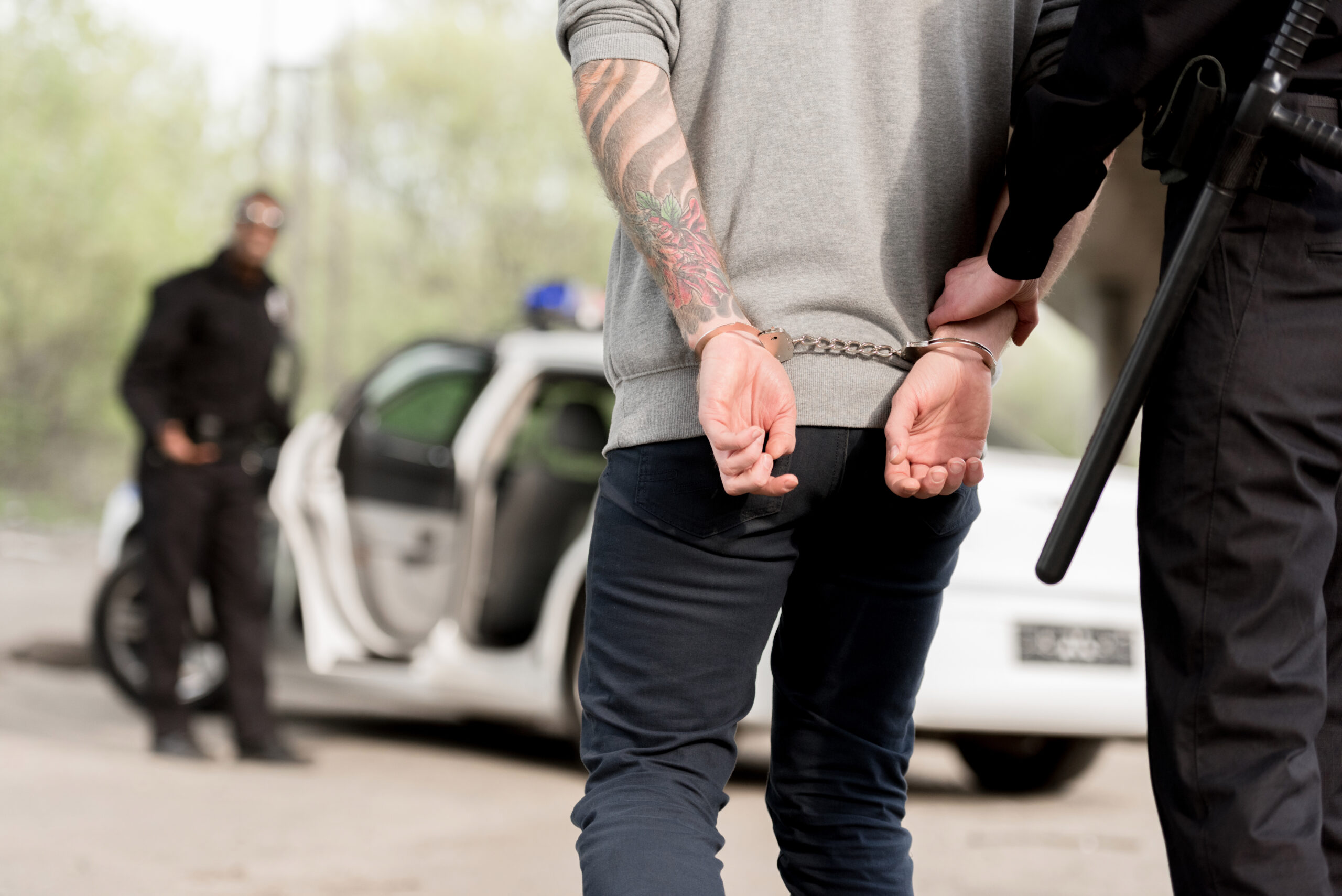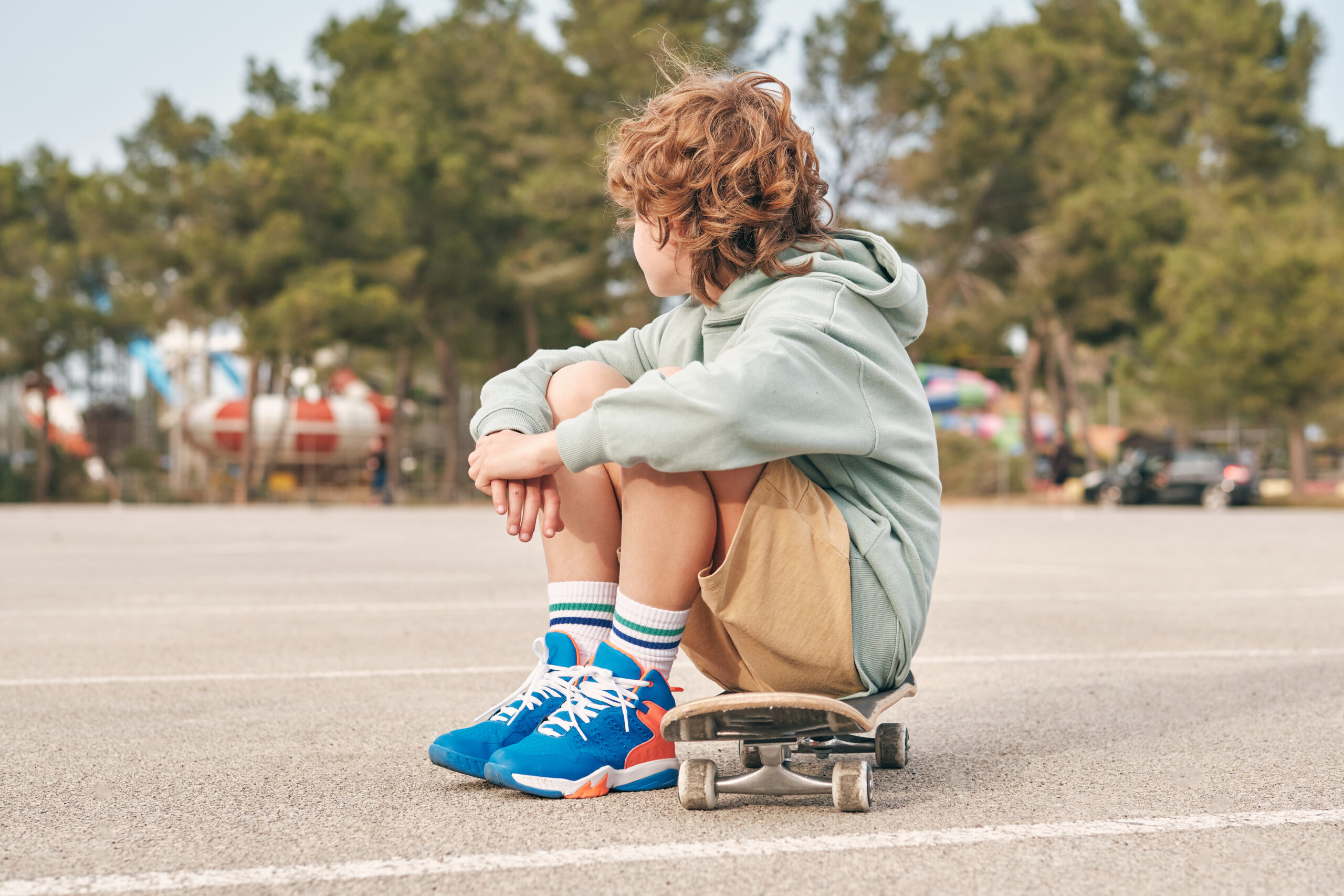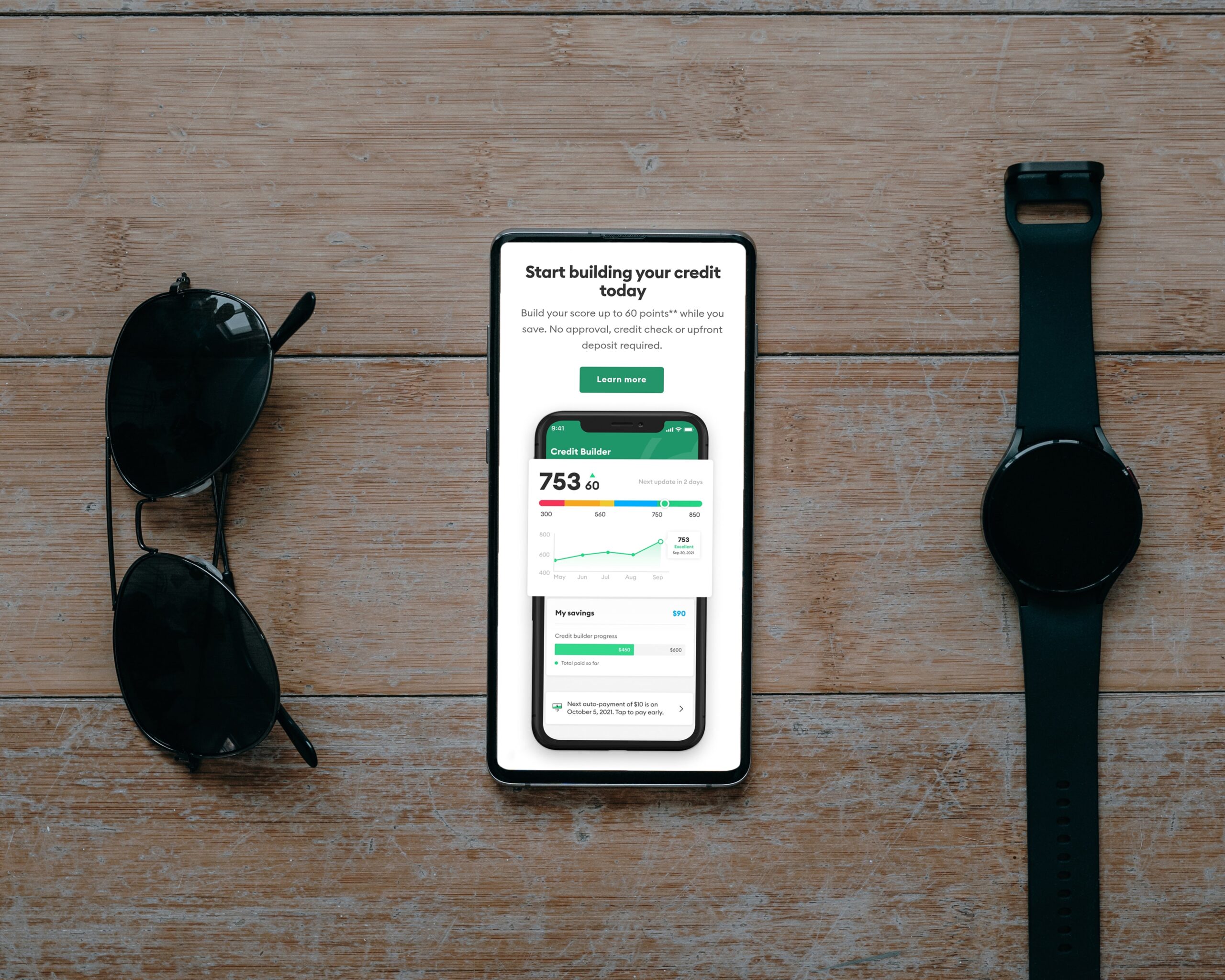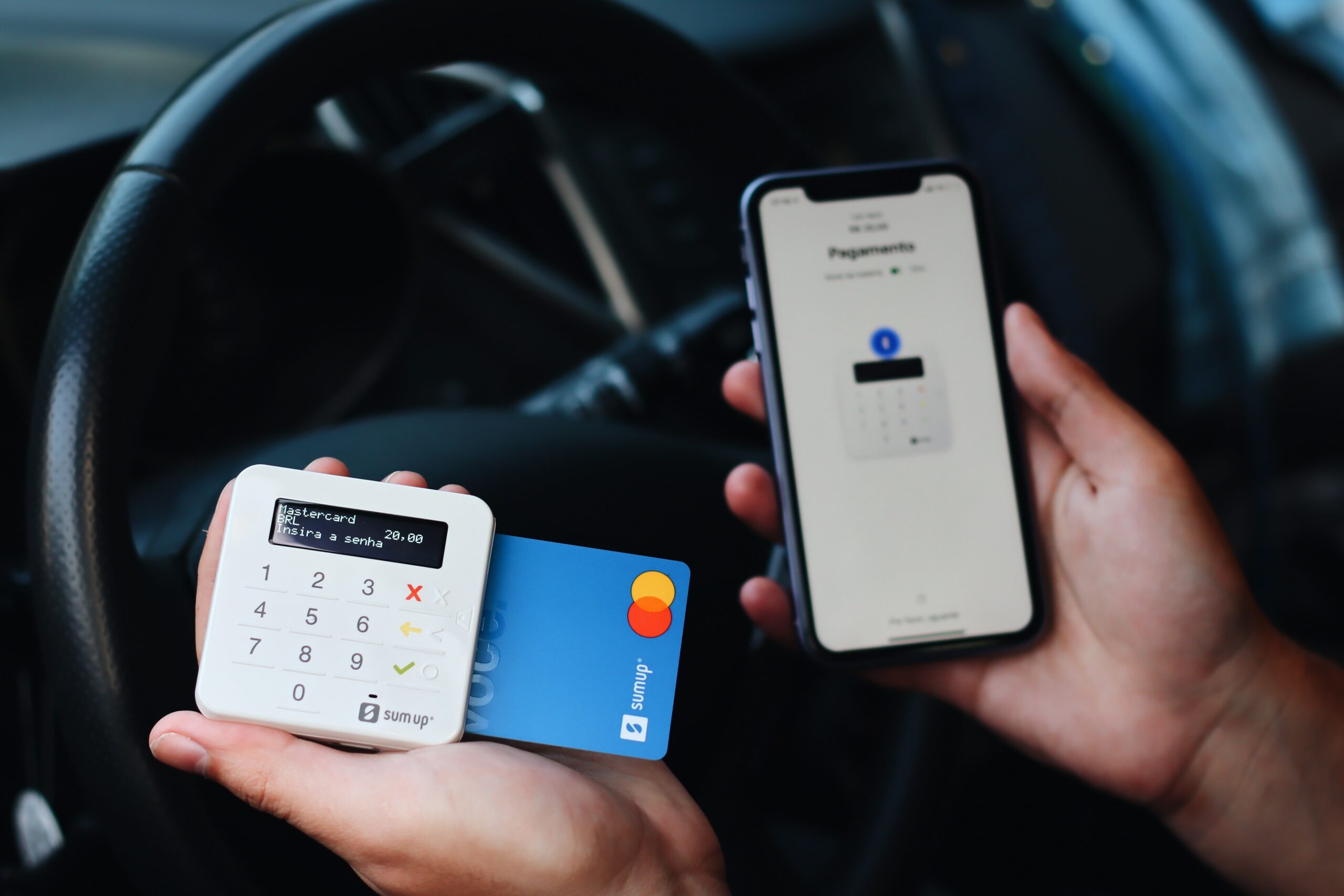The standard Stranger Danger warnings for children aren’t always helpful because children don’t always understand what or who a stranger is. When a child learns a stranger’s name, he no longer appears to be a stranger. Furthermore, even adults frequently fail to distinguish a predator who appears benign.
Furthermore, good strangers outnumber bad strangers and are eager to assist any child who is lost or terrified. Most people will risk their lives to save your child IF they are aware that the child is in danger. By crying Help! Police!, you can teach your youngster to ask people for assistance in an emergency. A youngster can be saved by Stranger Safety.
[By the way, most kidnappers and molesters are known to the child. See “Free Play in a Safe Range” on Free-Range Kids and Caretakers Above Suspicion on kid safety – molesters. See, in particular, “Stranger Danger Escape Lessons” for information on child safety – kidnapping.]
STRANGER DANGER SAFETY TIPS FOR CHILDREN
• Be familiar with your full name, phone number, and address.
• Never leave your property alone. Even when using public restrooms, stay with pals.
• Always ask your parent’s permission before going anywhere – and call them frequently.
• Walk only on routes to and from school and elsewhere that your parent has scouted out with you and has identified safe areas along the way. Also, avoid walking across parking lots or taking other shortcuts.
• There are no headphones or handheld games to distract you from what’s going on around you.
• If someone approaches you, do not respond to him except to say, “Go ask an adult.”
• Never approach somebody in a car or truck. Simply sprint in the opposite direction – toward other people.
• Bad people will use cute animals and candy to get close to you.
• Always seek permission from your parents before taking money or a gift.
· If you notice someone doing something wrong, turn around.
• Do not have your name exposed to outsiders on anything.
• If you’re robbed by another kid, give up your valuables and never fight back.
• Never accept money for a school or club project unless you are accompanied by your parent.
• Don’t believe anyone who attempts to persuade you to breach your parents’ rules.
• Inform your parent of any places or persons who make you feel unsafe.
• Create a code word for emergencies. If you call your parent while you’re with someone who scares you, you can use the code phrase to let them know you need help.
• If you believe you are being followed, start blowing your whistle (or pulling the pin on your noisemaker) while sprinting to a store or a residence where you know someone is present (stranger safety). Run to anywhere there are people who can aid you – and shout about it. (Instead of hanging a whistle around his or her neck on a strangling cord, use a beaded-metal chain that breaks too quickly for strangling. Wear a whistle on a wrist bracelet instead.)
• Trust your instincts. If you are afraid, simply flee to a safe location. “NO!” yell, then RUN and TELL an adult.
• If someone grabs you, thrash, fight, bite, and scream “Help! Police!” repeatedly, then shed the snatched jacket or backpack, drop anything you’re carrying, rush to an area with people, and phone the police. RUN! TELL! YELL! A kidnapper may flee alone if he is terrified of being seen.
• What if he’s armed? Ignore it and flee! Weapons are nearly never used to threaten or damage a child at the site of a kidnapping. A kidnapper does not want to draw attention to himself. Besides, if he’s willing to hurt a child there, he’s willing to harm a child even more in a remote location.
• Pull the pin on their particular noisemaker alarm if you’re being pursued.
• Scream while hugging a tree, pole, or any substantial object, or even a bicycle.
• While yelling, run in circles around an item, such as a parked automobile.
• Get beneath a car (belly up) and grab the underbelly to prevent him from dragging them out. If he crawls under there after them, flee out the other side, screaming.
• Sound the fire alarm.
• If you are apprehended, get away immediately! “Help! Police!” yell. Drop on the ground, kick, bite, scream, and then flee while screaming!
ESTABLISH YOUR LIMITS
Don’t turn your back on someone you don’t trust; instead, keep an eye on him. If he approaches you, raise one hand in a “STOP!” signal, grab your whistle (or noisemaker alert), and firmly tell him to “Stay away from me!”
If he continues to approach you, flee while blowing your whistle (or pulling the pin on your noisemaker alert) and yelling, “Help! Police!” Run to a store or a residence where you know someone is present. Run to wherever there are people who can assist you (stranger safety).
BOUNDARY SETTING – As a Fun Game Parent, you can role play numerous scenarios with your child. Other “what if” scenarios should be practiced with your children while visiting malls or parks so they know what to do if they become lost or in danger. Make it an enjoyable game.





























